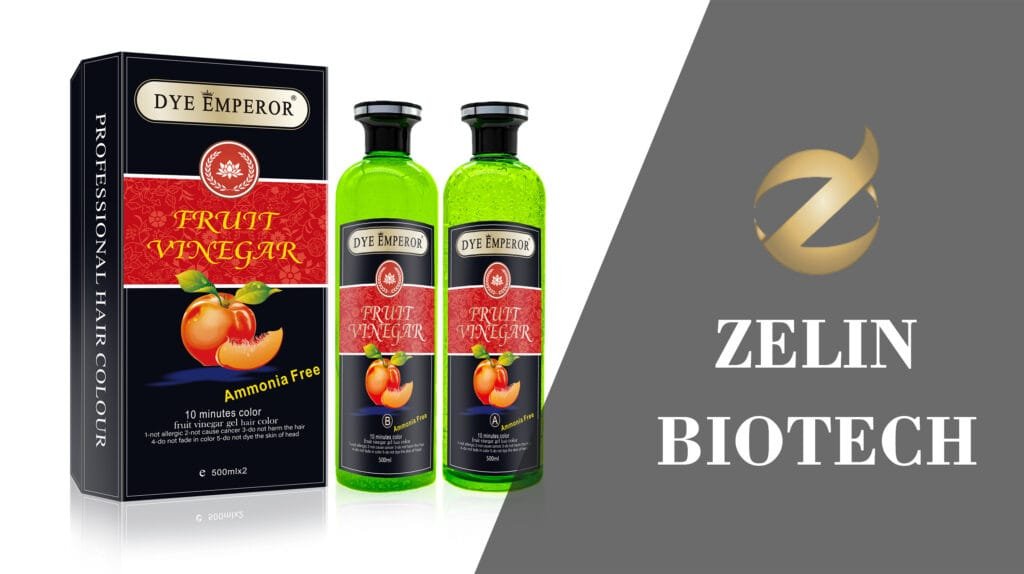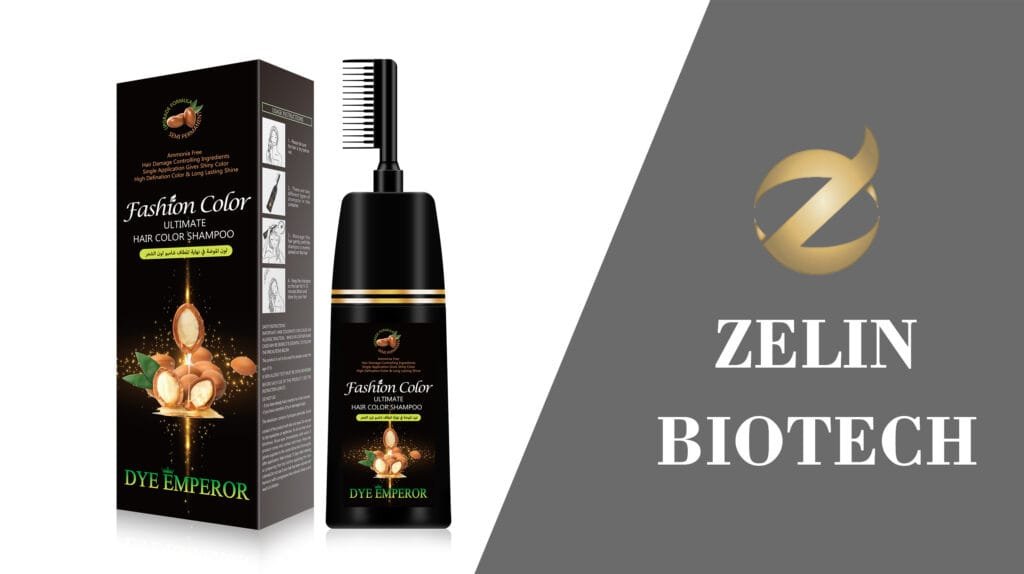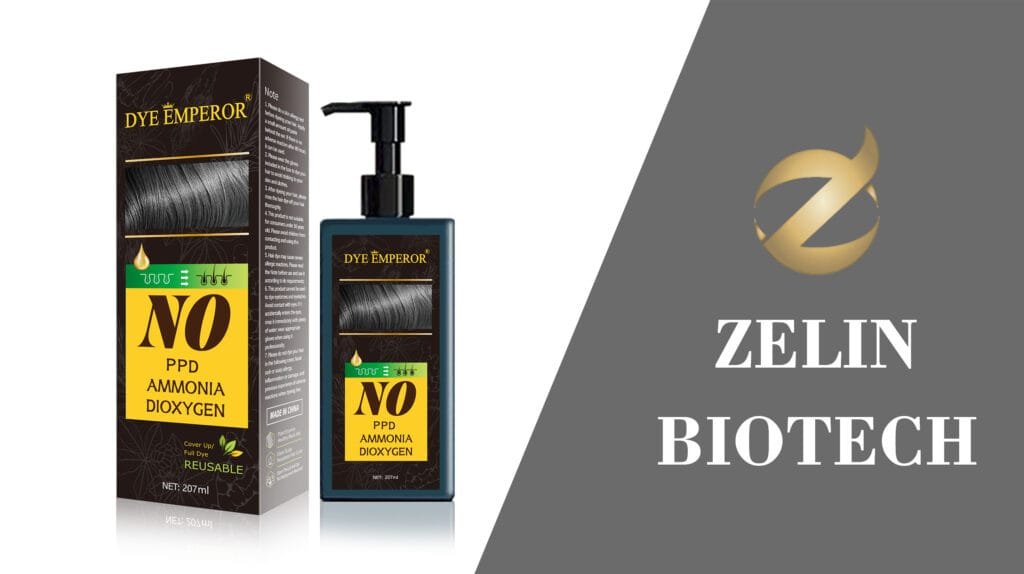What Does OEM Stand For?

An OEM (Original Equipment Manufacturer) is a company that makes parts that go into other companies’ products. Think of them as behind-the-scenes makers of important pieces.
Here’s how it works: Rather than making everything themselves, big brands buy parts from these OEMs to build their products. Most customers don’t know about the OEMs – they just see the main brand name.
Let’s take a computer as an example. When you buy a laptop from a famous brand, they probably didn’t make all the parts themselves. Instead, they got the different pieces – like the hard drive, screen, and keyboard – from various OEMs. These OEMs make the parts exactly how the brand wants them.
This setup helps everyone. The big brands can focus on putting everything together and selling the final product, while OEMs can get really good at making specific parts. It’s like a team effort – the OEMs and the brands work together to make better products while saving time and money.
Let’s look at how these partnerships work and why they’re so helpful for making the products we use every day.
How Does OEM (Original Equipment Manufacturer) Work?
When a company wants to make a product, they might not know how to make all the parts they need, or they might not have enough money or tools to make everything. That’s when they ask OEMs (Original Equipment Manufacturers) for help.
OEMs are like helper companies that make specific parts. The main company can buy these parts from OEMs and use them in their own products. This helps them make good products without having to make every single piece themselves.

Here’s an example: Think about a company that’s good at designing computers and selling them, but doesn’t know how to make motherboards (an important computer part). Instead of learning how to make motherboards, they can just buy them from an OEM that’s really good at making them.
OEMs are really important partners for companies because they:
- Make special parts that other companies need
- Help put these parts into the final product
- Use good tools and methods to make parts
- Make sure everything works well
- Help create better products for customers
This teamwork lets companies focus on what they’re best at (like designing or selling) while still getting all the parts they need. It’s like a win-win situation – the main company gets the parts they need, and the OEM gets to do what they’re good at. This helps both companies grow and succeed in the market.
The Benefits of Working with OEMs
1. Cost Savings
Using OEMs helps companies in many ways. The biggest benefit is saving money. Instead of spending lots of money to make parts themselves, companies can buy them from OEMs who already have everything needed to make these parts.
OEMs are really helpful for companies that don’t know how to make certain parts or don’t have the right tools. They can use the OEM’s special equipment and knowledge to get the parts they need.

OEMs have big factories with modern machines that can make lots of parts at once. When they make things in large amounts, each part costs less to make. This really helps companies that can only make small amounts of parts themselves, which usually costs more.
OEMs are experts at what they make. They spend time and money on research to find better ways to make things, use the newest technology, and check everything carefully to make sure it’s perfect. Companies can get these high-quality parts without having to build their own factories.
Working with OEMs also means companies don’t have to spend money on research or special tools to make parts. The OEMs have already done this and can make exactly what companies need. This lets companies focus on what they’re best at.
Plus, OEMs know where to get materials at good prices because they’ve worked with suppliers for a long time. This helps keep costs down even more. By working with OEMs, companies can make things more efficiently and spend their money wisely.
2. Focus on Own Core Competencies
Working with OEMs helps companies do what they’re best at. When companies let OEMs make parts for them, they can focus on their main strengths instead of worrying about making everything themselves.
This teamwork helps companies create and sell products faster. Since OEMs already have factories and know how to make things quickly and well, companies can get their products to customers sooner. This gives them an edge over their competitors.
Using OEMs also helps avoid problems in making products. OEMs are experts at:
- Getting materials
- Making sure everything is high quality
- Following all the rules for making products
This means companies don’t have to worry about these things and can focus on what they do best.
What’s really great is that companies can use their time and money better. Making products needs special skills, knowledge, and new ideas. When OEMs handle the making part, companies can spend their time on:
- Coming up with new ideas
- Making better designs
- Finding the right customers
- Getting work done more efficiently
This smart way of working helps companies stay ahead in their markets. They can work more efficiently and respond quickly to what customers want, which helps them succeed in the long run.
3. Access to New Technologies and Expertise
Working with OEMs helps companies use new technology and expert knowledge. OEMs stay up-to-date with the latest advances in their field, so companies can use these new technologies without having to develop them themselves.
Think about when a company wants to add new technology to their product. Usually, they would need to spend lots of time and money researching and developing it themselves. But by working with an OEM, they can use this new technology quickly and spend less money.
This means companies can benefit from all the money and work OEMs put into creating new technology, without having to pay for developing it themselves. OEMs also have special knowledge and expensive equipment that most companies can’t afford to buy on their own.

By working with OEMs, companies can use:
- Modern factories
- New technology
- Expert knowledge
- Better ways of making things
Working with OEMs lets companies use all this knowledge and special equipment without having to create everything themselves. This helps them make better products more efficiently.
This smart way of using OEMs’ expertise and technology helps companies work better and make great products, which helps them stay ahead of their competitors.
What Are the Benefits of ZeLin’s OEM Solutions?
Zelin’s OEM hair dye products offer numerous benefits to various sectors in the haircare industry. One of the main advantages is their high-quality formulation, which ensures consistent color results and longer-lasting effects. Zelin’s hair dye products are crafted for reliable and precise application, helping salons and retailers manage their inventory more effectively. The user-friendly packaging and application process also require minimal training, making it easy for professionals to achieve the desired color outcome while reducing preparation time.
Zelin’s hair dyes are known for their vibrant, rich colors, excellent coverage, and lasting durability. They are formulated to deliver consistent results, making them a preferred choice for salons, beauty professionals, and retail brands. With a focus on efficiency, Zelin’s products allow for quicker applications while maintaining high standards of color depth and shine. Built to withstand frequent use, the formulas are gentle yet effective, suitable for various hair types and salon conditions. Zelin’s product range is versatile, catering to different hair coloring needs, from permanent dyes to temporary tints. These products are designed to meet the demands of hairstylists in salons, beauty services, and even for at-home users looking for professional results. Zelin’s OEM solutions offer options that are suitable for diverse coloring techniques and client preferences, ensuring reliable outcomes across different applications. Moreover, Zelin provides a wide range of hair dye formulations that support different hair coloring styles, from subtle highlights to bold transformations. These products are compatible with various haircare routines and color maintenance products, offering flexible solutions for brands and businesses of any size.




